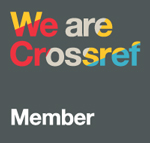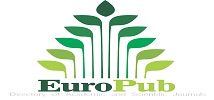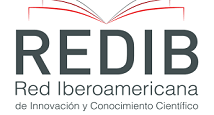Estrategic planning of organic chemistry in learning the formulation and nomenclatura of chemical compounds.
DOI:
https://doi.org/10.51440/unsch.revistaeducacion.2024.24.495Keywords:
strategic planning, self-instructional modules, chemistry learningAbstract
The objective was to explain the relationship between the of strategic planning in learning the formulation and nomenclature of organic chemistry; for purpose, organic chemistry was strategically planned as a basic quantitative research, explanatory level, quasi-experimental design, that explains their relationship and contribution in learning the formulation and nomenclature of chemical compounds. The population begin a fourth grade sample divided into two sections with equivalent characteristics. The technique that was used is the self-instructional module, the instruments are two tests: the pre-test to obtain input data to obtain the knowledge that the students possess; the pos test determines the performance in terms of the efficiency and effectiveness of the level of achievements achieved, where statistics demonstrate that the strategic planning of organic chemistry and the learning of the formulation and nomenclature of chemical compounds through the use of self-instruction in students are positively related to current teaching, which is a contribution to the complex problem of education.
Downloads
References
Arboleda, N. (1991). Tecnología educativa y diseño instrumental. Editorial Interconed.
Burguez, S.; González, V. & De Oliveira, C. (2014). Planificación educativa: Perfiles y configuraciones. Administración Nacional de Educación Pública de Uruguay. https://www.anep.edu.uy/sites/default/files/images/Archivos/publicaciones/libros-digitales/libro%20planificacin%20educativa.pdf.
Coc, J. E. (2010). Planificación y evaluación del proceso enseñanza aprendizaje en el modelo por competencias en la facultad de humanidades de la Universidad de San Carlos de Guatemala. [Tesis licenciatura, Universidad de San Carlos de Guatemala]. http://www.repositorio.usac.edu.gt/1564/
Hernández, R.; Fernández, C. & Baptista, P. (1997). Metodología de la Investigación. Mc Graw Hill.
Rosales, C. (2010). La planificación de la enseñanza por competencias: ¿qué tipo de innovación implica? Innovación Educativa, 20(20), 77-88. https://minerva.usc.es/xmlui/handle/10347/4999.
Ramírez, Y. (2015). El planeamiento estratégico y su relación con la calidad de gestión en las instituciones educativas públicas del nivel primario de Chorrillos-Lima, 2013. [Tesis doctoral, Universidad de San Martín de Porres]. https://hdl.handle.net/20.500.12727/1962
Romero, P. (2017). La planificación estratégica y su influencia en la calidad de la gestión educativa de la Universidad Técnica de Babahoyo. [Tesis doctoral, Universidad Nacional Mayor de San Marcos]. https://hdl.handle.net/20.500.12672/6533
Sainz, J. (2012). El plan estratégico en la práctica. España: ESIC. p. 29.
Downloads
Published
How to Cite
License
Copyright (c) 2024 Néstor Leandro Romaní Rodas

This work is licensed under a Creative Commons Attribution-NonCommercial 4.0 International License.





















